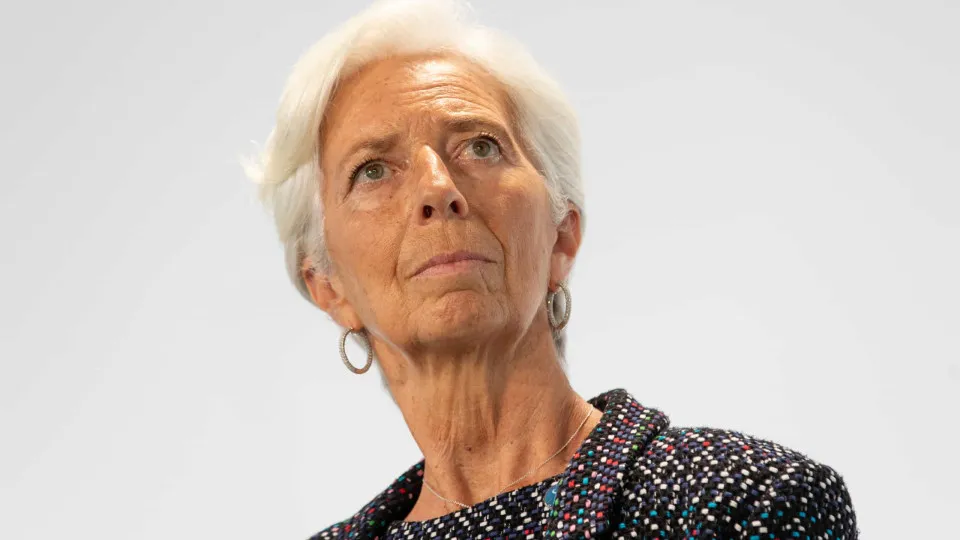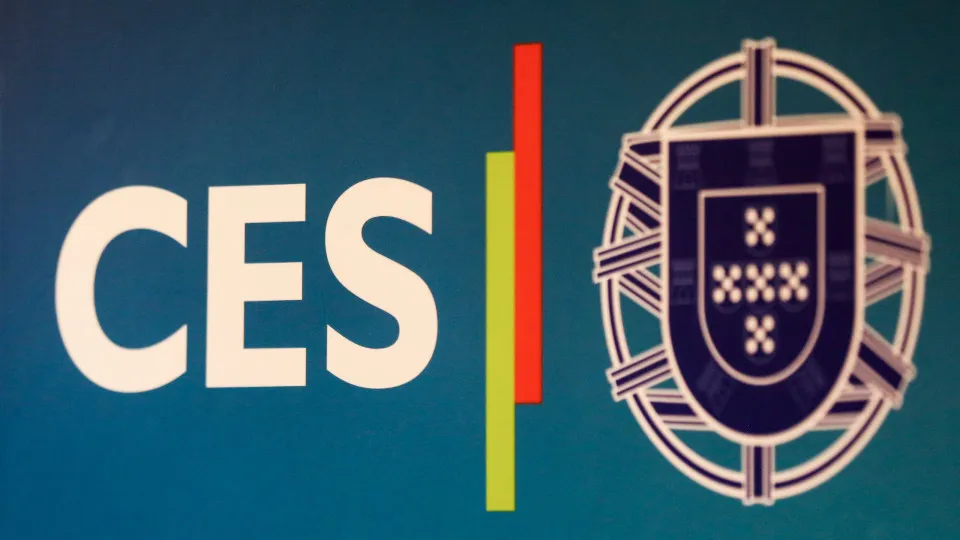
“The adoption of the euro brings two key benefits to Bulgaria: prosperity and security,” asserted Lagarde at the conference titled ‘Bulgaria at the Gates of the Eurozone’.
In her address, the ECB chief advocated the advantages of the European single currency in the face of skepticism and even rejection that, according to surveys, is expressed by just over half of the Bulgarian population.
In her analysis, the fear of a potential loss of sovereignty, as well as an increase in the cost of living, are the main concerns that the introduction of the euro arouses among citizens.
In response, she argued that, given Bulgaria has maintained a fixed exchange rate for a long time, “the costs of giving up an independent monetary policy are minimal.”
Regarding inflation, Lagarde noted that “in previous transitions to the euro, the impact was between 0.2 and 0.4 percentage points.”
Despite this moderate increase, Lagarde estimated that, over time, confidence in the European currency will grow among the households and businesses of the country, as has happened in other eurozone nations.
For Lagarde, the benefits awaiting are “substantial,” with “smoother trade, lower financing costs, and more stable prices,” advantages that should especially strengthen small and medium-sized enterprises over time.
Moreover, the euro increases the country’s resilience to global crises “and amplifies its voice in eurozone decision-making, thus strengthening its sovereignty,” she underscored.
The introduction of the single currency implies a deepening of the integration process that Bulgaria began with its accession to the European Union (EU) in 2007, she recalled.
Over the past decade, Bulgaria’s GDP per capita has increased from one-third of the eurozone average to almost two-thirds today, a “success” that, according to the ECB president, is “firmly based” on steps taken towards greater integration with other EU and eurozone countries.
“Today, 65% of Bulgaria’s exports go to other EU countries and 45% to eurozone countries,” Lagarde highlighted.




